Home>Gardening & Outdoor>Landscaping Ideas>Which Bermuda Grass Seed Is Best
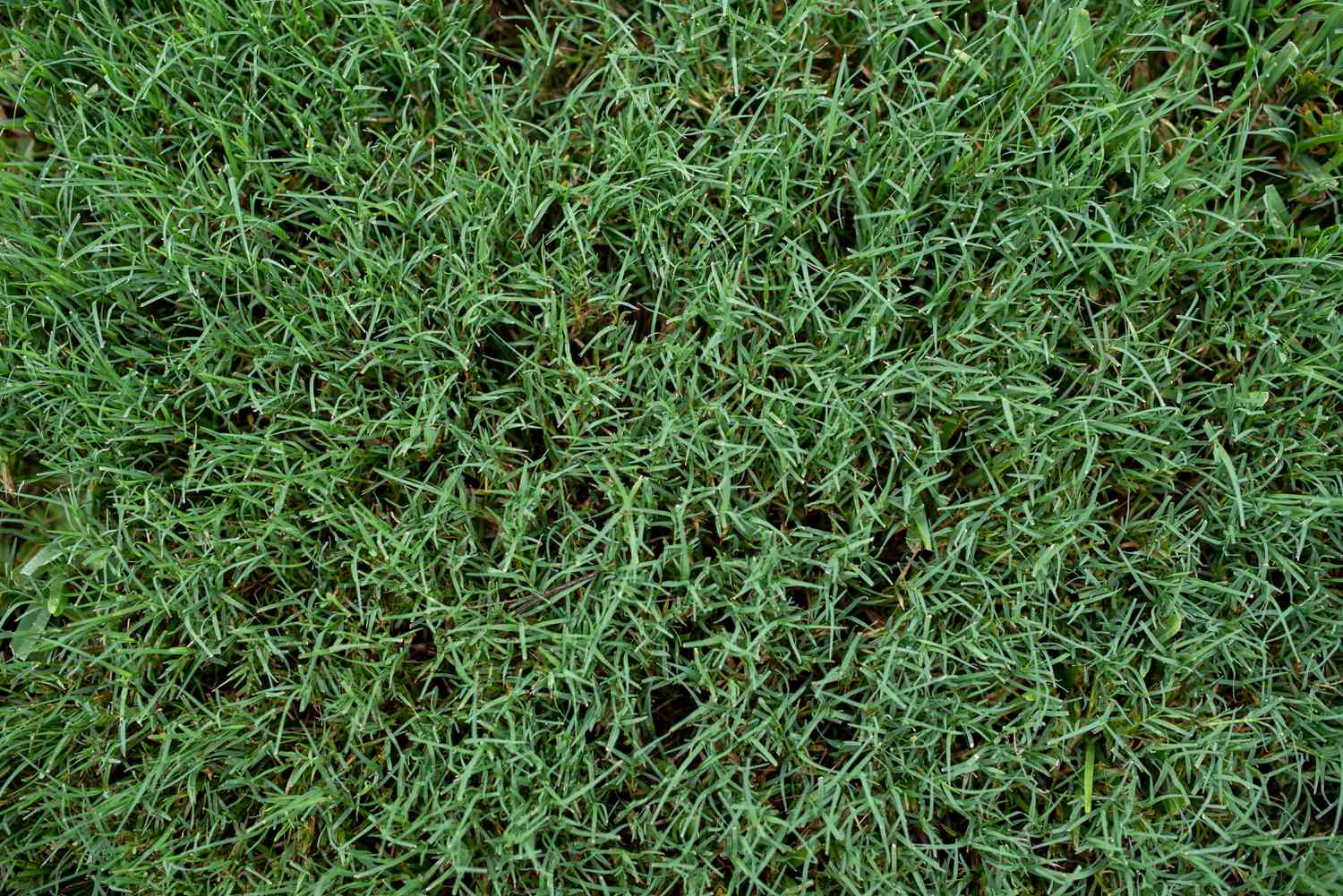

Landscaping Ideas
Which Bermuda Grass Seed Is Best
Modified: February 18, 2024
Discover the top Bermuda grass seed for your landscaping needs. Find expert recommendations and tips for a lush, vibrant lawn. Boost your curb appeal with the best landscaping ideas!
(Many of the links in this article redirect to a specific reviewed product. Your purchase of these products through affiliate links helps to generate commission for Storables.com, at no extra cost. Learn more)
Introduction
Welcome to the world of Bermuda grass, where lush green lawns and vibrant landscapes come to life. If you're considering planting Bermuda grass, you're on the right track to achieving a stunning and resilient outdoor space. However, with numerous varieties of Bermuda grass seed available, choosing the best one can be a daunting task. Fear not, as we embark on this journey, I'll guide you through the intricate details of Bermuda grass and help you make an informed decision on selecting the ideal Bermuda grass seed.
Bermuda grass, scientifically known as Cynodon dactylon, is a warm-season grass celebrated for its exceptional durability and adaptability. It thrives in regions with hot summers and mild winters, making it a popular choice for lawns, parks, golf courses, and athletic fields across the southern United States and beyond. Its fine texture, excellent heat tolerance, and rapid growth make it a top contender in the world of turfgrasses.
As we delve into the realm of Bermuda grass, we'll explore the various factors that should influence your selection of Bermuda grass seed. From understanding the unique characteristics of Bermuda grass to identifying the popular varieties available, we'll equip you with the knowledge needed to make an informed choice. Additionally, we'll uncover the best practices for planting Bermuda grass seed, ensuring that your landscaping endeavor yields a lush and verdant expanse for years to come.
So, whether you're a seasoned lawn enthusiast or a novice homeowner looking to revamp your outdoor space, join me in unraveling the nuances of Bermuda grass and discover which Bermuda grass seed reigns supreme for your specific needs. Let's embark on this verdant journey together!
Key Takeaways:
- Choose Bermuda grass seed based on climate, usage, maintenance, soil, shade, and pest resistance. Consider Common, Hybrid, Certified, or Improved varieties for a lush and resilient lawn.
- Prepare soil, select high-quality seed, follow seeding guidelines, water and fertilize properly for successful Bermuda grass establishment. Create a vibrant and enduring outdoor oasis.
Read more: When Is The Best Time To Seed Bermuda Grass
Understanding Bermuda Grass
Bermuda grass, known for its resilience and adaptability, is a warm-season grass that thrives in regions with scorching summers and mild winters. Its scientific name, Cynodon dactylon, reflects its hardy nature, as it can withstand drought, foot traffic, and a variety of soil types. This makes it a top choice for lawns, sports fields, and golf courses in warm climates.
One of the most notable characteristics of Bermuda grass is its rapid growth and regenerative capabilities. It spreads quickly through aboveground stolons and belowground rhizomes, allowing it to recover swiftly from damage and fill in bare spots. This aggressive growth habit also makes Bermuda grass an excellent choice for erosion control on slopes and embankments.
When it comes to appearance, Bermuda grass boasts fine-textured blades that create a dense and lush carpet of green. Its ability to maintain vibrant color during the peak of summer sets it apart from other warm-season grasses. Additionally, Bermuda grass exhibits exceptional heat tolerance, enabling it to thrive in full sun without losing its luster.
Another key attribute of Bermuda grass is its low water requirements once established. This makes it an eco-friendly choice for water-conscious landscapes, as it can withstand periods of drought without sacrificing its overall health and vitality. Its adaptability to various soil types, including sandy, loamy, and clay soils, further enhances its appeal as a versatile and resilient turfgrass option.
Understanding the unique traits and growth habits of Bermuda grass is essential when selecting the right Bermuda grass seed for your specific needs. By appreciating its durability, rapid growth, vibrant appearance, and adaptability to diverse environmental conditions, you can make an informed decision that aligns with your landscaping goals. Now that we have a solid grasp of Bermuda grass, let’s delve into the factors to consider when choosing Bermuda grass seed.
Factors to Consider When Choosing Bermuda Grass Seed
When embarking on the journey of selecting Bermuda grass seed, several crucial factors should guide your decision-making process. Understanding these elements will empower you to choose a Bermuda grass variety that aligns with your specific landscaping goals and environmental conditions.
- Climate and Region: Consider the climate and region where you intend to plant Bermuda grass. Different varieties are tailored to specific climatic zones, ensuring optimal performance in varying temperature and humidity ranges. For instance, some Bermuda grass types thrive in the southern regions with hot, humid summers, while others are better suited to the arid climates of the southwest.
- Usage and Traffic: Assess the intended usage of the lawn or landscape. If you anticipate heavy foot traffic, such as in sports fields or recreational areas, opt for a Bermuda grass variety renowned for its durability and quick regrowth. For ornamental lawns, a finer-textured Bermuda grass seed may be more suitable to achieve a manicured appearance.
- Maintenance Preferences: Consider your maintenance preferences and capabilities. Some Bermuda grass varieties require more frequent mowing and maintenance, while others offer a lower-maintenance option with slower growth and less frequent mowing requirements.
- Soil Type and pH: Evaluate the soil type and pH of your landscape. Certain Bermuda grass varieties exhibit better adaptability to specific soil conditions, such as sandy, loamy, or clay soils. Additionally, some varieties are more tolerant of acidic or alkaline soil, ensuring robust growth in diverse soil environments.
- Shade Tolerance: Assess the level of shade in your landscape. While Bermuda grass thrives in full sun, some varieties offer improved shade tolerance, making them suitable for areas with partial shade or dappled sunlight.
- Disease and Pest Resistance: Consider the disease and pest resistance of different Bermuda grass varieties. Opt for cultivars known for their resilience against common turfgrass diseases and pests prevalent in your region, reducing the need for chemical interventions and promoting a healthy lawn ecosystem.
By carefully considering these factors, you can narrow down the options and select the most suitable Bermuda grass seed for your unique landscaping needs. With a clear understanding of the essential criteria for choosing Bermuda grass seed, let’s explore the popular varieties of Bermuda grass seed available to discern their distinctive features and benefits.
When choosing Bermuda grass seed, look for a variety that is well-suited to your climate and soil type. Consider factors such as drought tolerance, disease resistance, and maintenance requirements to find the best option for your lawn.
Popular Varieties of Bermuda Grass Seed
As you venture into the realm of Bermuda grass seed selection, it’s essential to familiarize yourself with popular varieties renowned for their distinct characteristics and adaptability to diverse environments. Each variety offers unique traits that cater to specific landscaping needs, ensuring that you can find the perfect match for your lawn or outdoor space.
Common Bermuda Grass (Cynodon dactylon)
Common Bermuda grass, also known as "Southern" or "Dixie" grass, is a widely cultivated variety celebrated for its resilience and rapid spreading nature. It thrives in warm climates and exhibits exceptional drought tolerance, making it a popular choice for lawns, parks, and athletic fields. While Common Bermuda grass is renowned for its durability and quick establishment, its coarse texture may not be suitable for formal or ornamental landscapes.
Hybrid Bermuda Grass (Cynodon dactylon x Cynodon transvaalensis)
Hybrid Bermuda grass varieties, such as Tifway 419 and TifTuf, are prized for their fine texture, dense growth, and superior wear tolerance. These hybrids are ideal for high-traffic areas, golf courses, and sports fields due to their ability to withstand heavy use and rapid recovery from damage. Additionally, their vibrant green color and excellent heat tolerance make them a top choice for warm-season landscapes.
Certified Bermuda Grass Cultivars
Several certified Bermuda grass cultivars, including Princess 77, Sahara, and Yukon, offer enhanced traits such as improved cold tolerance, disease resistance, and fine leaf texture. These cultivars undergo rigorous testing and certification to ensure consistent quality and performance, making them a reliable option for discerning homeowners and professional landscapers.
Improved Bermuda Grass Varieties
Enhanced Bermuda grass varieties, such as Celebration, Latitude 36, and NorthBridge, are bred for superior color retention, drought resistance, and reduced maintenance requirements. These improved varieties cater to diverse climates and usage patterns, providing a spectrum of options to suit specific landscaping preferences and environmental conditions.
By acquainting yourself with these popular Bermuda grass varieties, you can discern their unique attributes and identify the most suitable option for your landscaping project. With a comprehensive understanding of the diverse Bermuda grass seed varieties available, let’s delve into the best practices for planting Bermuda grass seed to ensure a successful and thriving lawn or landscape.
Best Practices for Planting Bermuda Grass Seed
Planting Bermuda grass seed requires careful preparation and adherence to best practices to ensure successful establishment and robust growth. Whether you’re overseeding an existing lawn or starting from bare soil, following these guidelines will set the stage for a lush and resilient Bermuda grass landscape.
- Soil Preparation: Begin by preparing the soil to create an optimal environment for Bermuda grass seed germination and root development. Remove debris, rocks, and weeds, and till the soil to a depth of 4-6 inches to promote good seed-to-soil contact and root penetration. Amend the soil with organic matter to improve moisture retention and nutrient availability.
- Seed Selection: Choose high-quality Bermuda grass seed suited to your specific climate, usage requirements, and aesthetic preferences. Opt for certified seed varieties known for their purity, germination rates, and genetic traits that align with your landscaping goals.
- Seeding Rate and Depth: Follow the recommended seeding rate for the selected Bermuda grass variety, typically ranging from 1 to 2 pounds of seed per 1,000 square feet. Ensure proper seed-to-soil contact by lightly raking or rolling the seeded area. For optimal germination, sow the seeds at a depth of 1/8 to 1/4 inch in fine-textured soils and 1/4 to 1/2 inch in sandy soils.
- Watering and Irrigation: Keep the seeded area consistently moist to facilitate germination and early growth. Water lightly and frequently to prevent the soil surface from drying out, but avoid overwatering, which can lead to seed displacement and fungal issues. Once the grass establishes, transition to a deep and infrequent watering schedule to promote deep root development.
- Fertilization and Maintenance: Apply a starter fertilizer with a balanced NPK ratio to provide essential nutrients for initial growth. Follow the recommended fertilization schedule for Bermuda grass, and mow the lawn at the appropriate height once the grass reaches the recommended mowing height for the selected variety. Regular maintenance, including aeration and dethatching as needed, will promote a healthy and vigorous Bermuda grass lawn.
By adhering to these best practices, you can set the stage for successful Bermuda grass establishment and long-term vitality. Whether you’re creating a new lawn, renovating an existing landscape, or overseeding to enhance turf density, implementing these guidelines will contribute to a thriving Bermuda grass expanse that enhances the beauty and functionality of your outdoor space.
With a solid foundation in best planting practices, you’re well-equipped to embark on your Bermuda grass planting journey and nurture a vibrant and resilient lawn. As we conclude our exploration of planting best practices, let’s reflect on the wealth of knowledge gained and prepare to select the ideal Bermuda grass seed for your specific landscaping aspirations.
Conclusion
Congratulations on delving into the captivating world of Bermuda grass and unraveling the intricacies of selecting the ideal Bermuda grass seed for your landscaping endeavors. Throughout our verdant journey, we’ve gained a profound understanding of Bermuda grass, explored the essential factors to consider when choosing Bermuda grass seed, familiarized ourselves with popular Bermuda grass varieties, and embraced the best practices for planting Bermuda grass seed. Armed with this knowledge, you’re poised to embark on a rewarding and successful landscaping venture that will yield a lush, resilient, and visually stunning outdoor oasis.
As you navigate the myriad options of Bermuda grass seed, remember to consider the unique climate and region where the grass will thrive, the intended usage and traffic patterns, maintenance preferences, soil type and pH, shade tolerance, and disease and pest resistance. By aligning these factors with the diverse traits of popular Bermuda grass varieties, you can make an informed choice that harmonizes with your specific landscaping goals and environmental conditions.
Whether you opt for the rapid spreading resilience of Common Bermuda grass, the fine texture and wear tolerance of Hybrid Bermuda grass, the certified quality of Bermuda grass cultivars, or the enhanced traits of improved Bermuda grass varieties, each option holds the potential to transform your outdoor space into a vibrant and enduring landscape.
Furthermore, by adhering to best practices for planting Bermuda grass seed, including meticulous soil preparation, careful seed selection, proper seeding depth, strategic watering and irrigation, and diligent fertilization and maintenance, you can lay the groundwork for a thriving Bermuda grass lawn that captivates with its lush greenery and resilience.
As you embark on your Bermuda grass planting journey, may your outdoor space be transformed into a verdant sanctuary that brings joy, beauty, and tranquility to your surroundings. Embrace the process with enthusiasm and dedication, knowing that your efforts will yield a landscape that flourishes with the enduring allure of Bermuda grass.
With a wealth of knowledge at your disposal and a clear vision of your landscaping aspirations, you’re prepared to select the best Bermuda grass seed and cultivate a landscape that embodies the timeless elegance and resilience of this remarkable warm-season grass. Let the lush green tapestry of Bermuda grass unfold, and may your outdoor haven thrive for years to come.
Frequently Asked Questions about Which Bermuda Grass Seed Is Best
Was this page helpful?
At Storables.com, we guarantee accurate and reliable information. Our content, validated by Expert Board Contributors, is crafted following stringent Editorial Policies. We're committed to providing you with well-researched, expert-backed insights for all your informational needs.
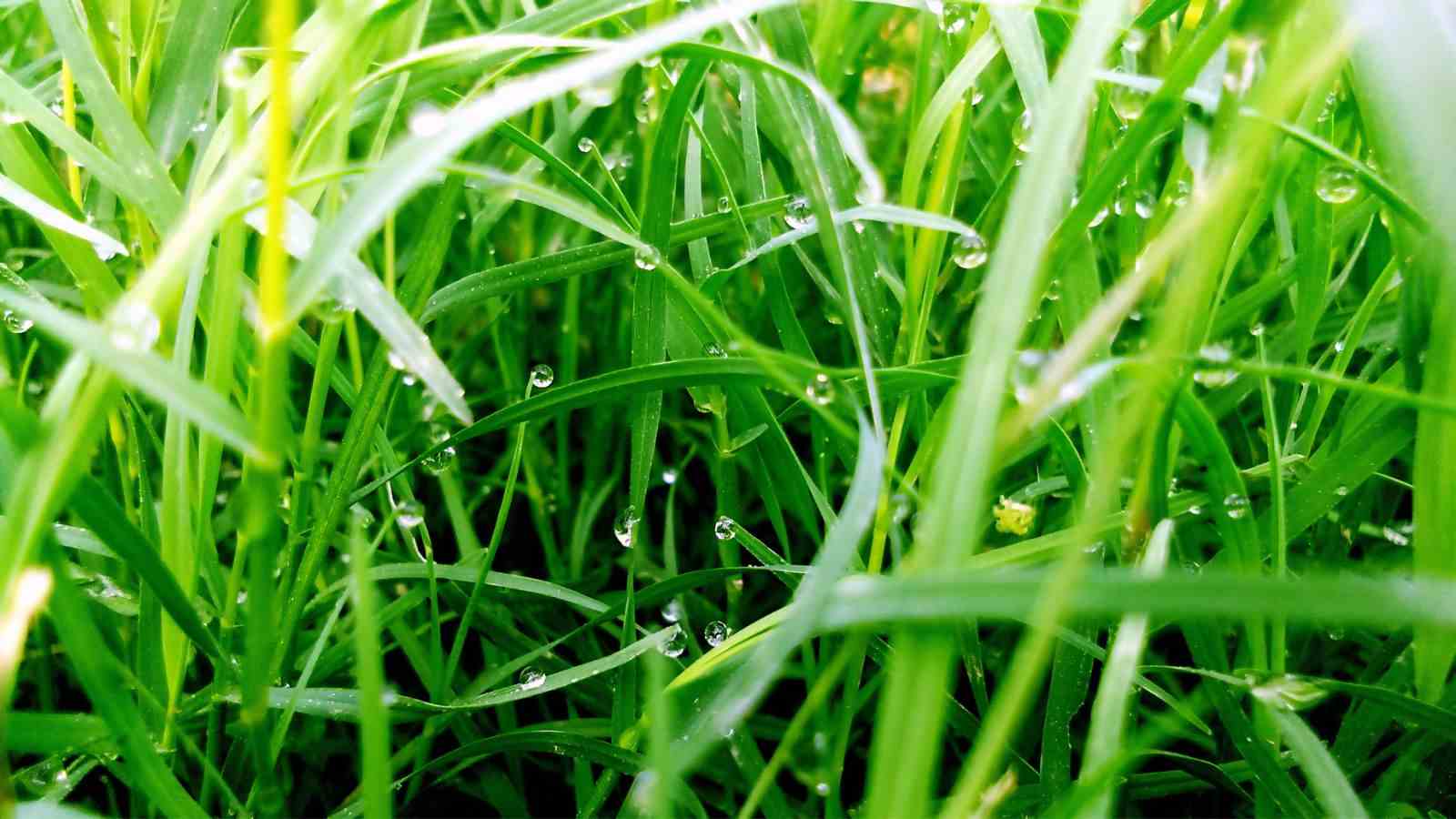
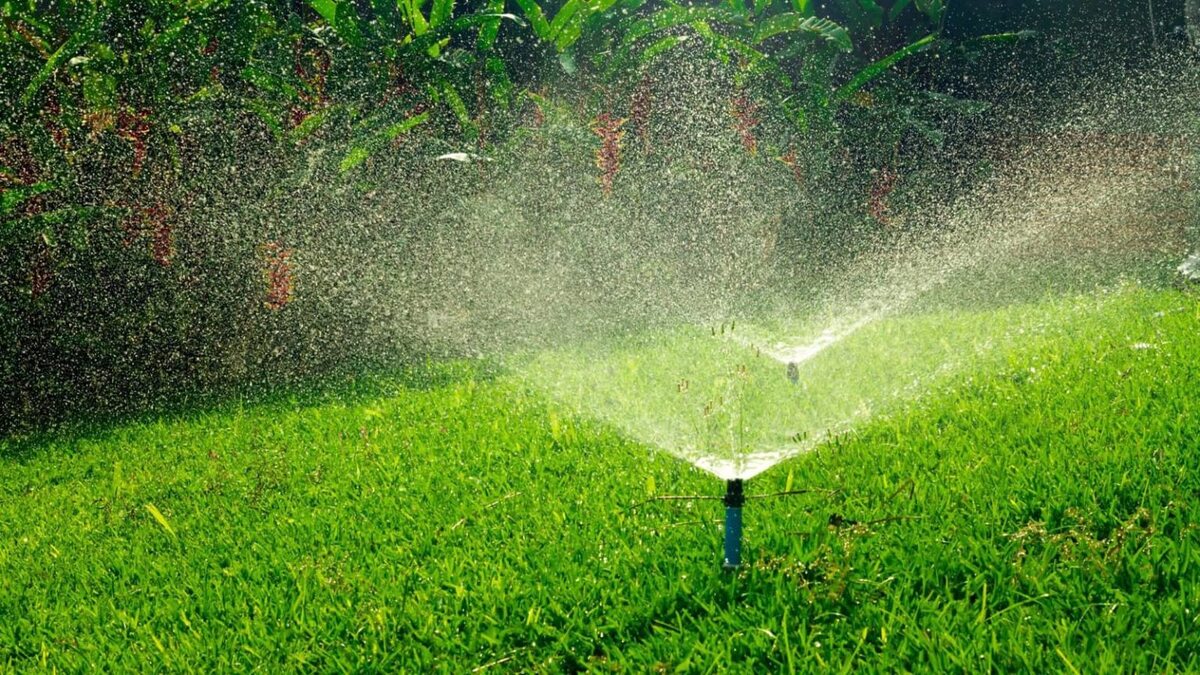
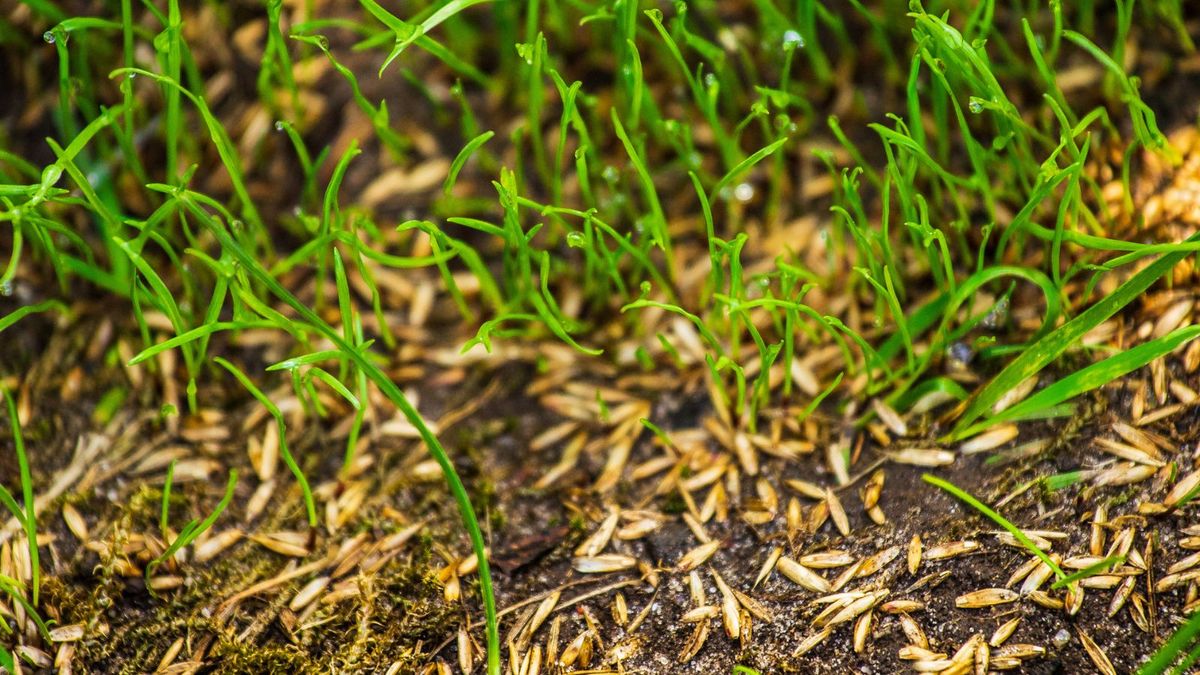
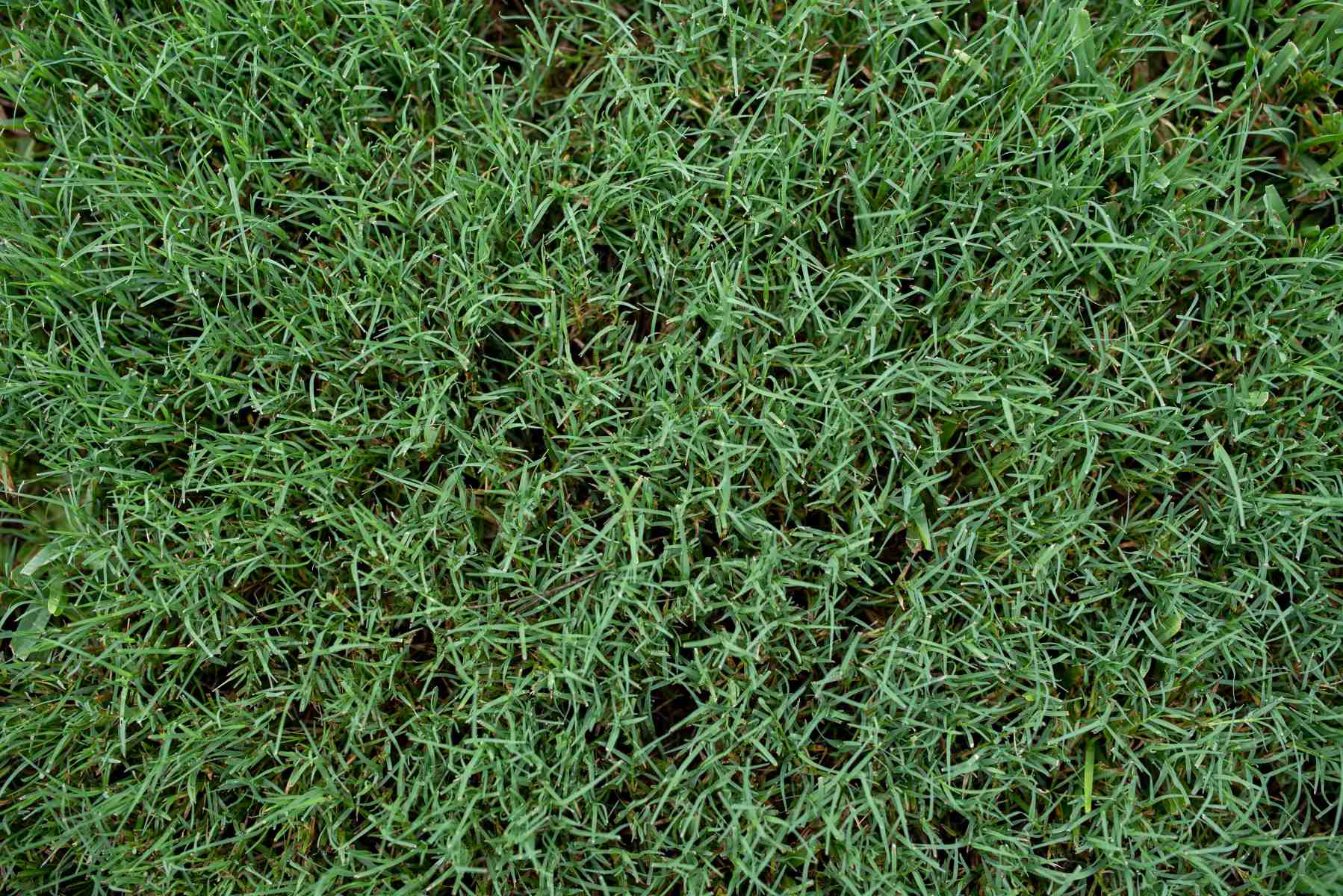
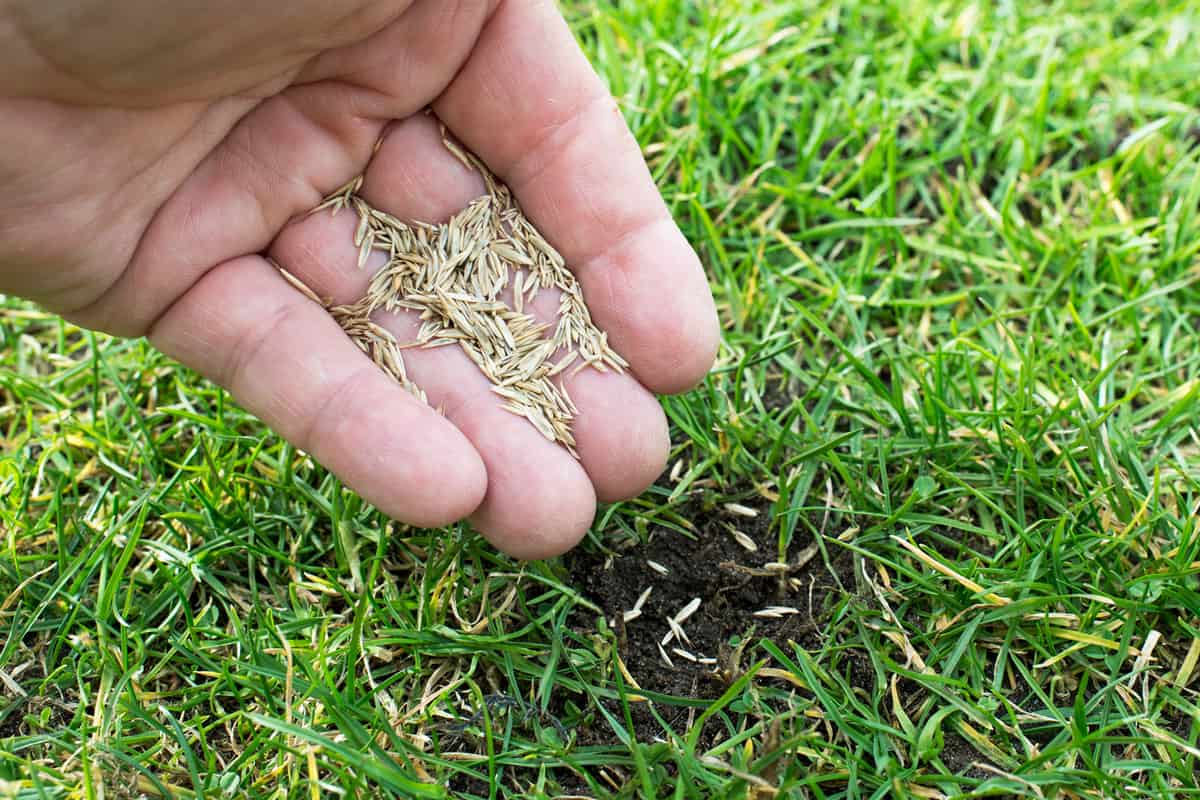

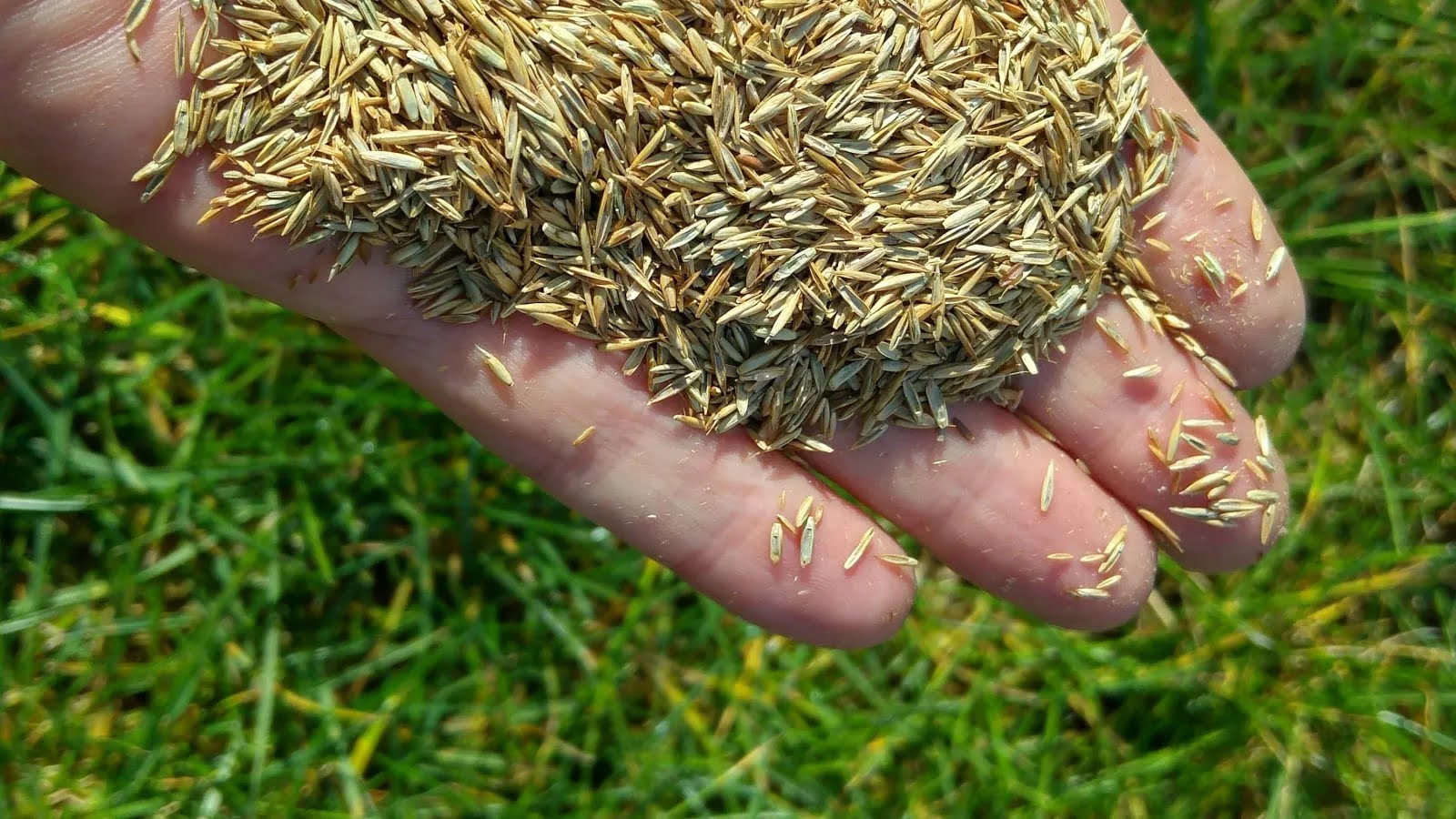
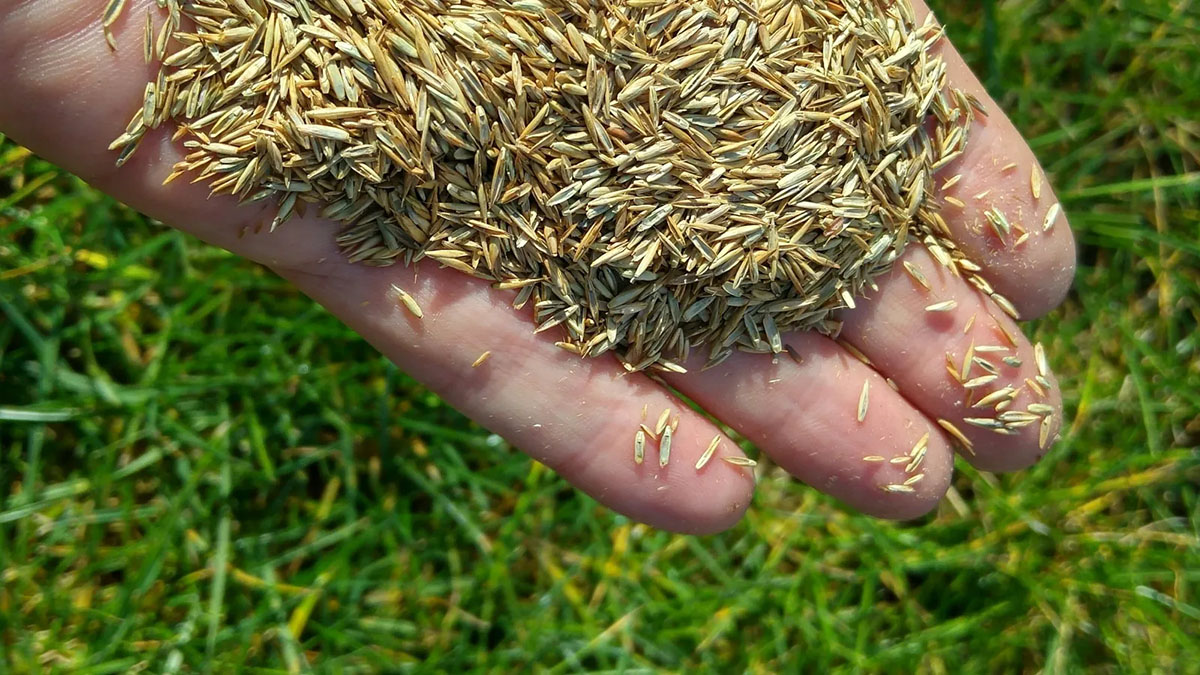
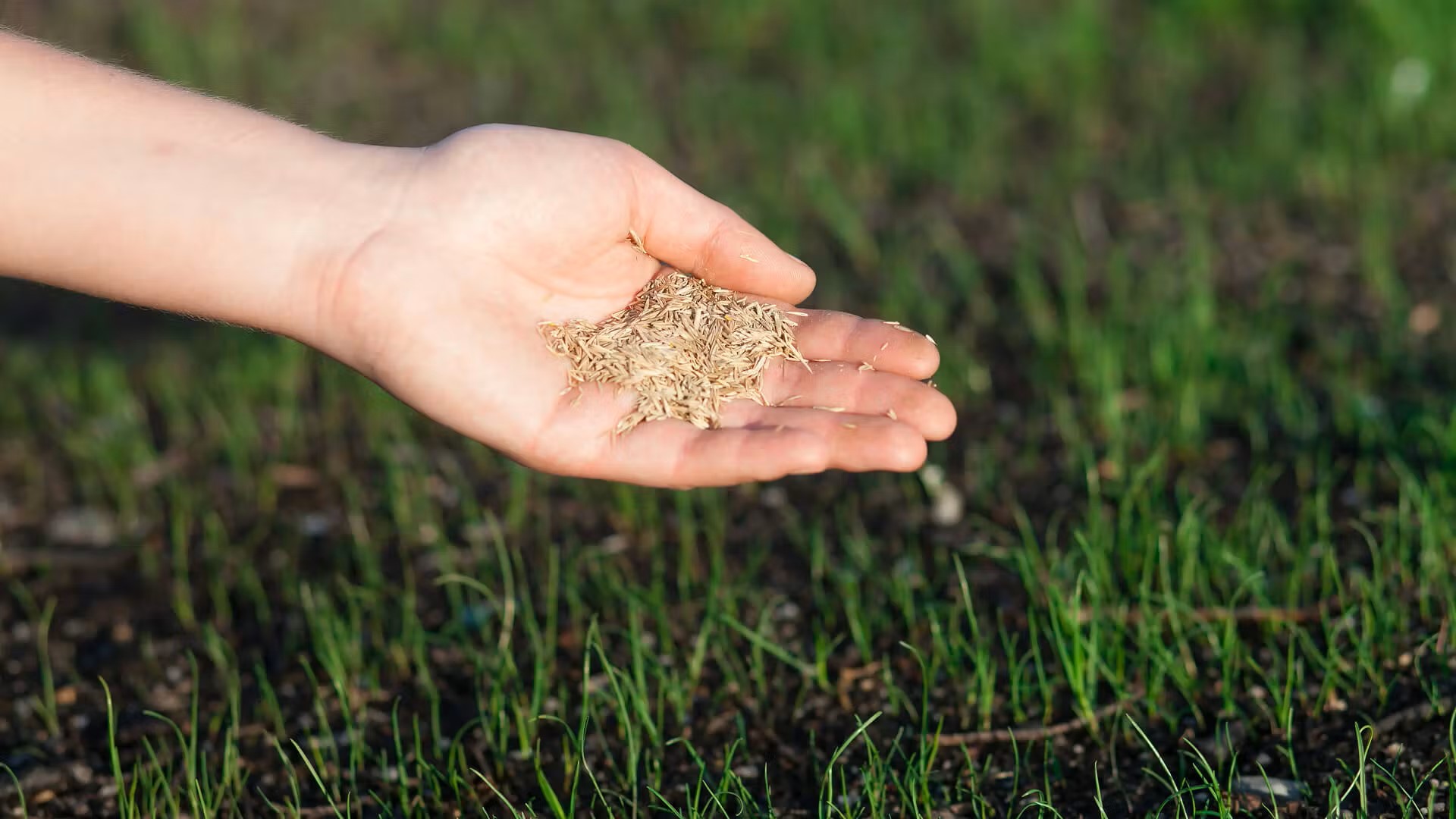
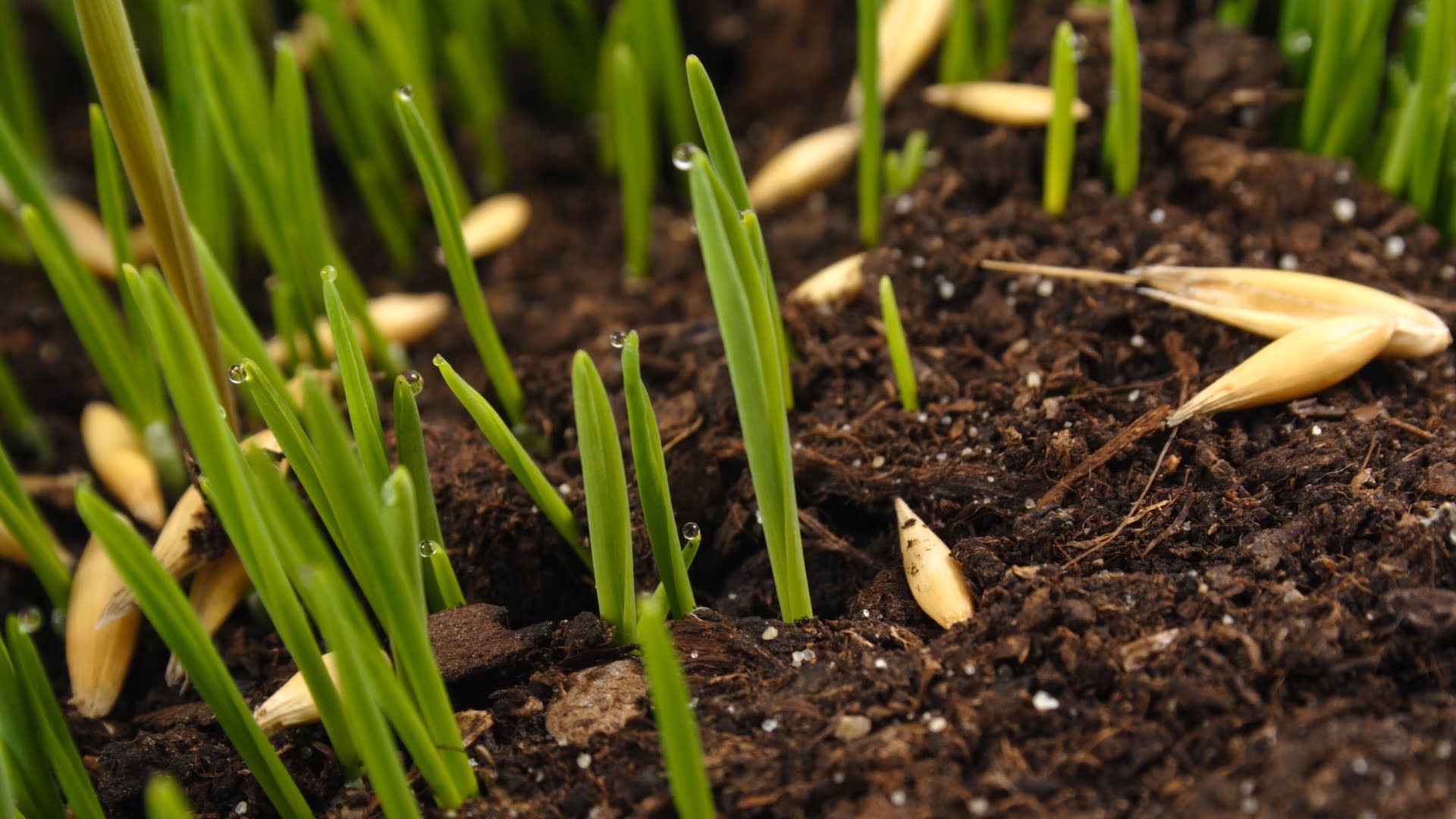
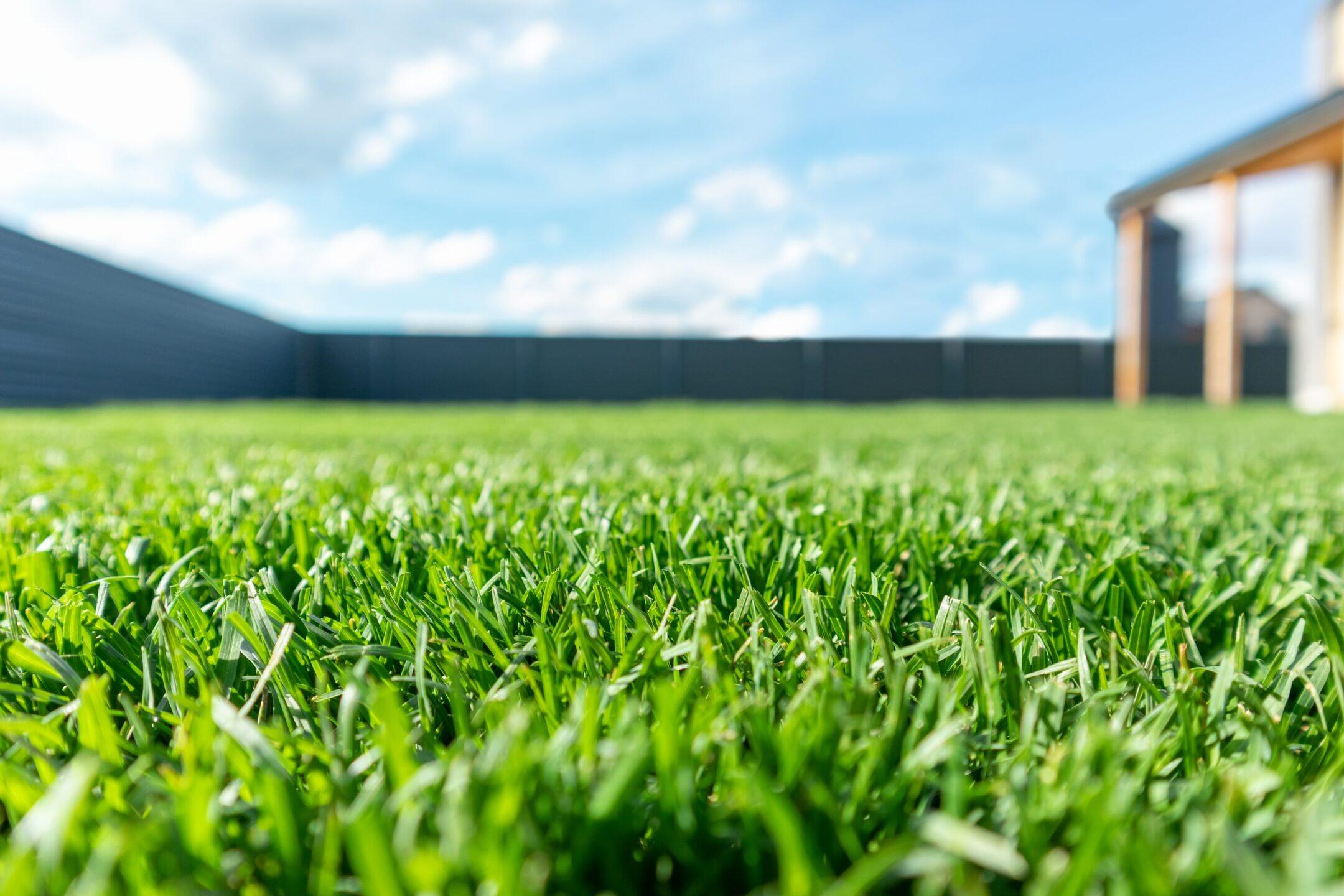
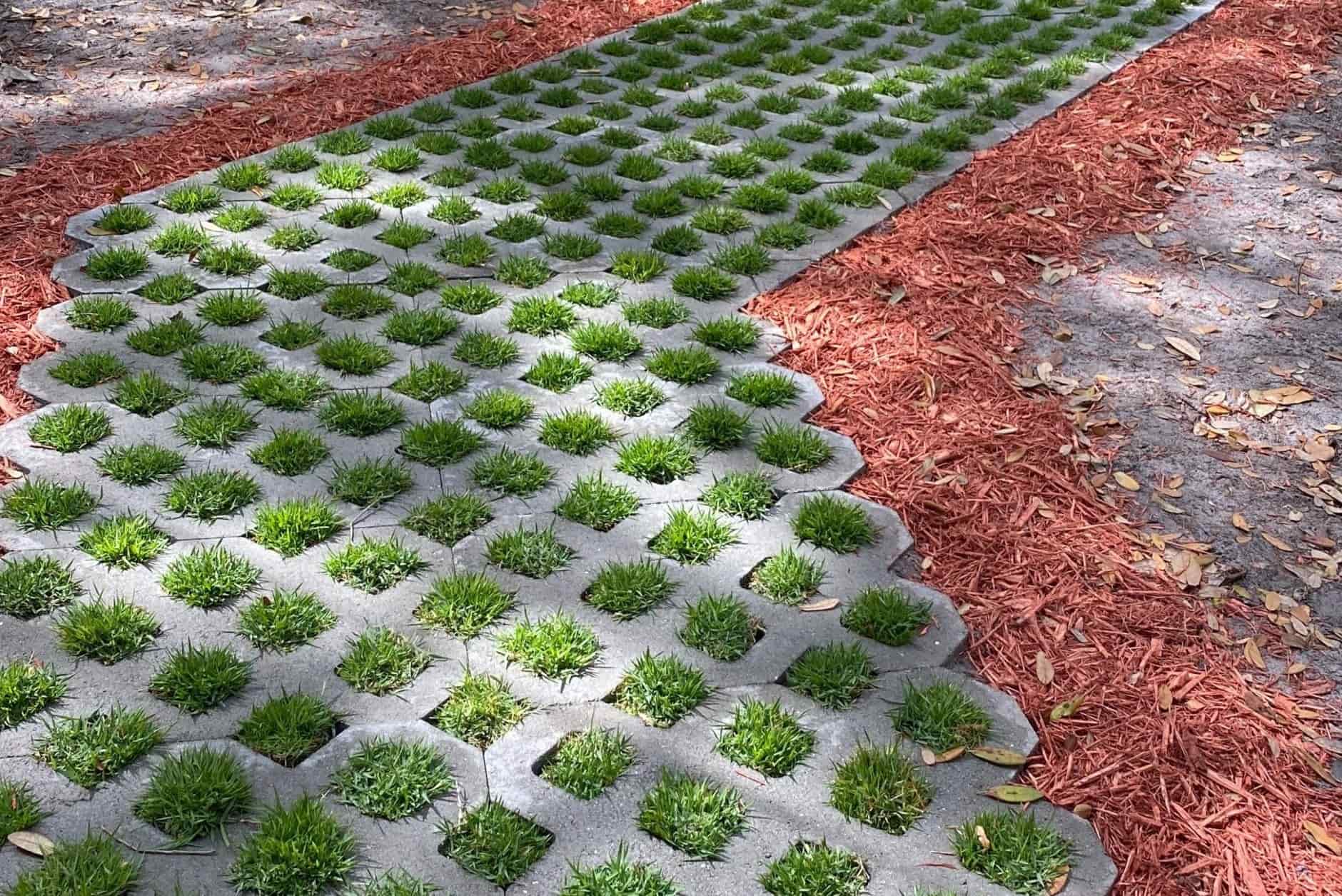
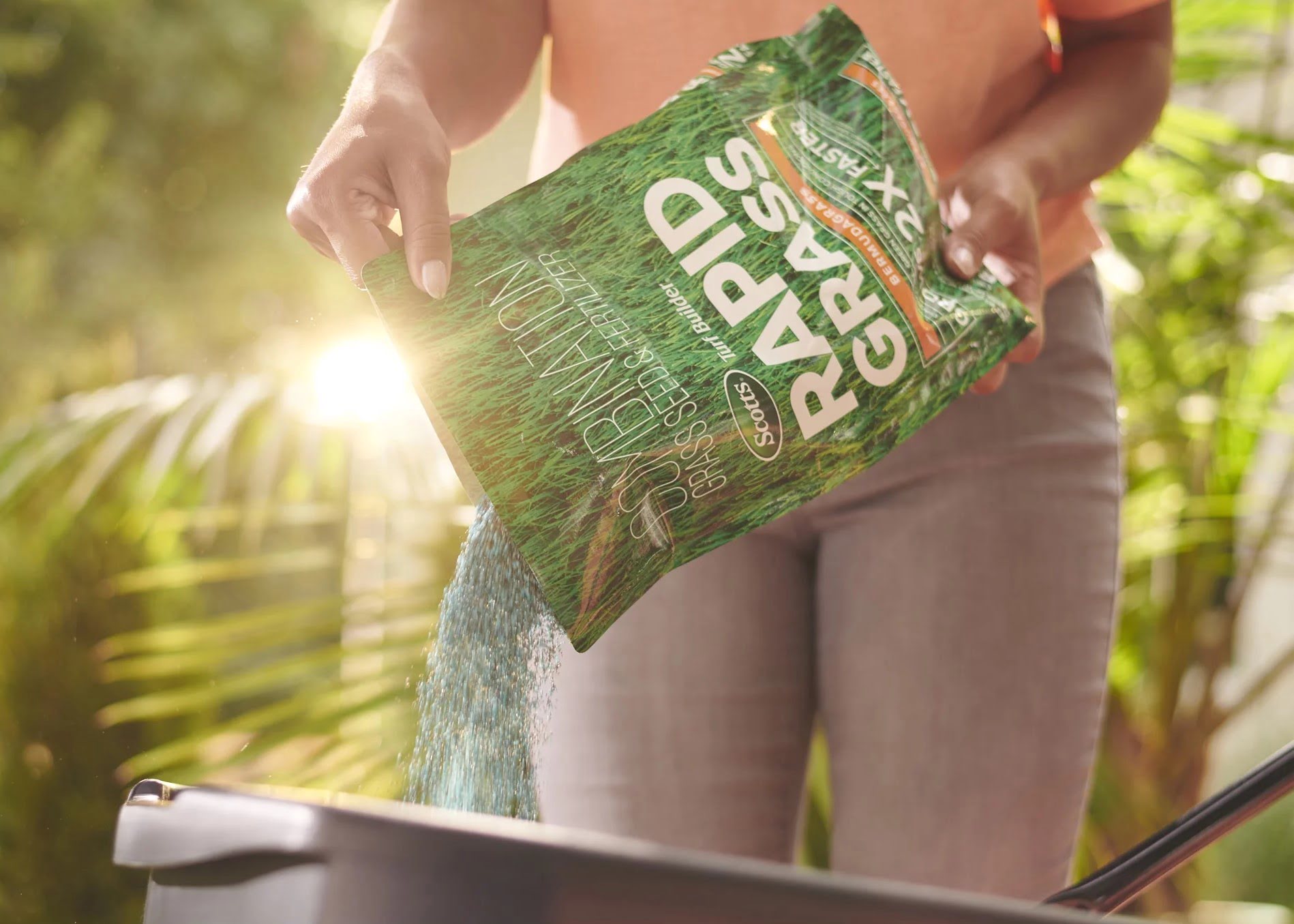
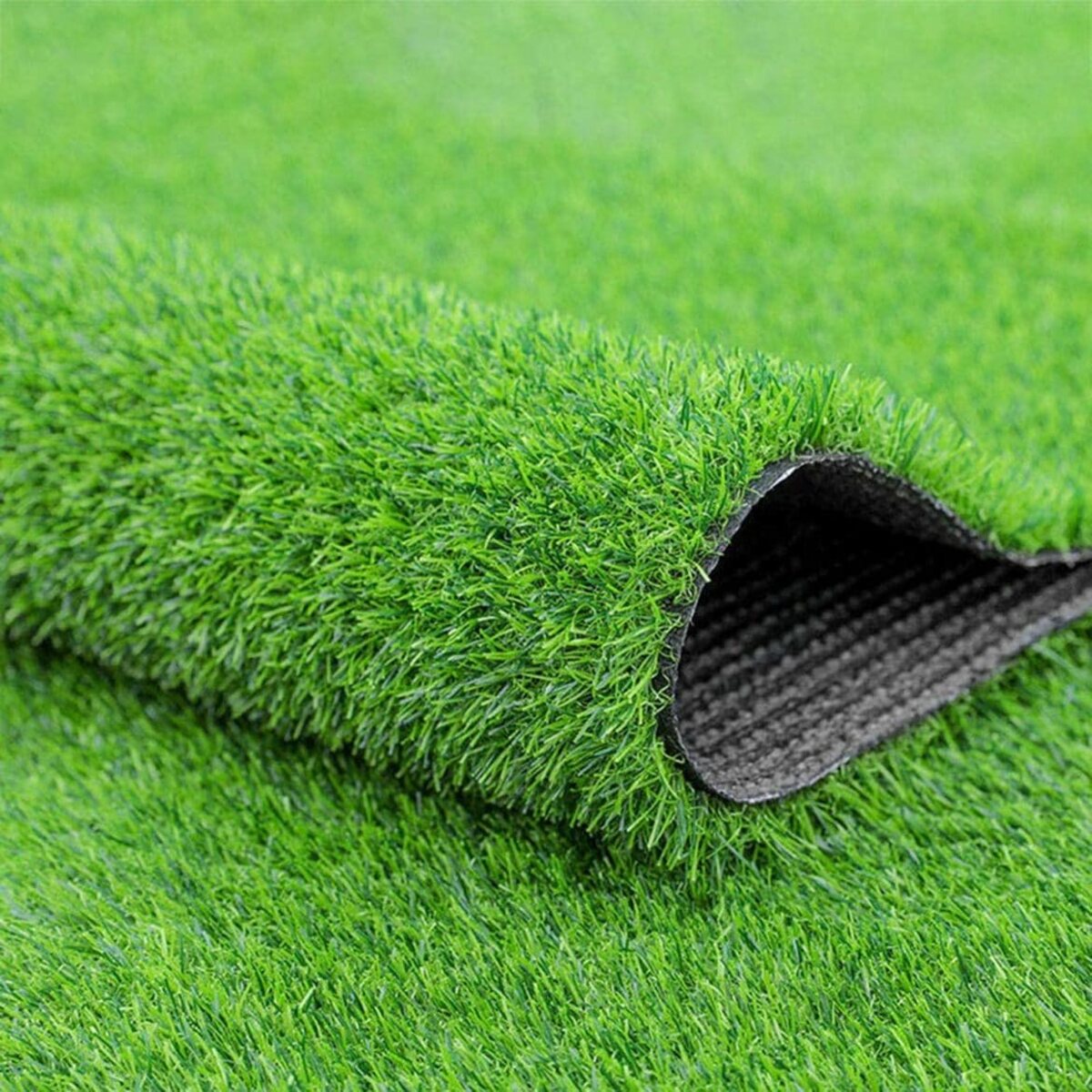

0 thoughts on “Which Bermuda Grass Seed Is Best”